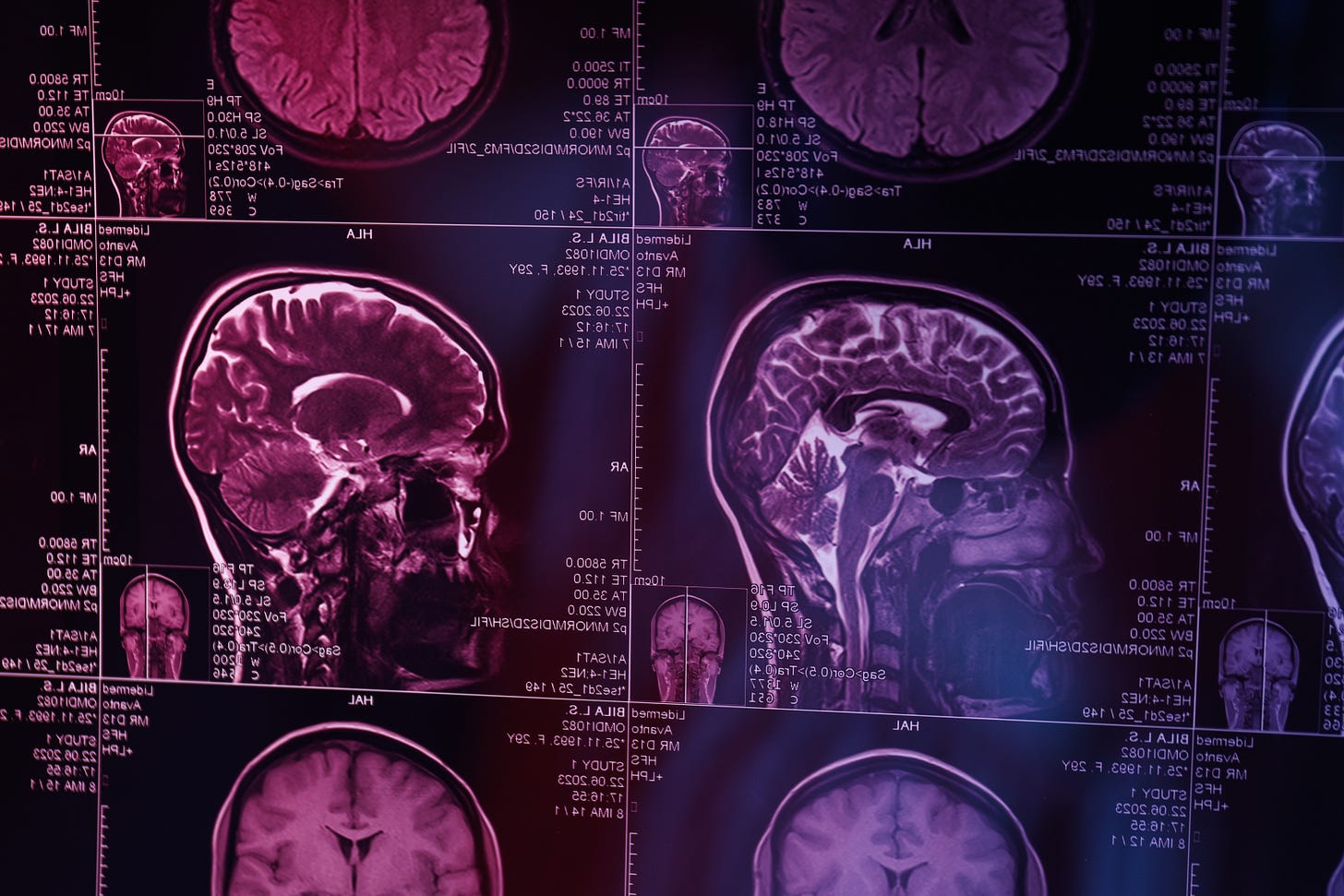5 things you didn’t know about multiple sclerosis (MS)
Women are two and a half times more likely to get MS than men.
By Samantha Banks, MS Society
MS is a neurological condition which affects nerves in your brain and spinal cord. In MS, the coating that protects your nerves – called myelin – is damaged. This damage disrupts messages travelling along nerve fibres, making it harder to do everyday things, like walk, talk, eat and think.
This week is MS Awareness Week and MS charities are encouraging people to have more #MSConversations about the condition.
Here are 5 things you may not know about MS:
1. MS affects more women than men
Women are two and a half times more likely to get MS than men. We still don’t know why this is. While the symptoms are similar, MS has different implications for women:
Menopause: the effects of the menopause can feel similar to MS symptoms, and hot flushes and difficulty sleeping might make MS symptoms feel worse. Finding ways to manage the effects of the menopause could help with MS symptoms too.
Menstruation: many people say their symptoms – balance, fatigue, depression and muscle weakness – often feel worse in the days leading up to, and during, their periods.
Pregnancy: many experience fewer MS relapses during pregnancy. The exact reason for this isn’t yet known but it suggests that in pregnancy, women’s bodies are able to suppress MS to some extent.
2. There are three types of MS
There are three main types of MS:
Relapsing remitting MS: where you have distinct attacks of symptoms which in most cases largely fade away. This is the most common type. Around 85% of people get a diagnosis of relapsing remitting MS when they first find out they have MS.
Secondary progressive MS: where you usually stop having relapses but your disability or symptoms steadily gets worse.
Primary progressive MS: where your disability or symptoms steadily get worse from the very start.
3. MS symptoms often start in your 20s and 30s
Over 150,000 people in the UK live with MS, with 135 diagnosed each week. Most people will experience their first symptoms of MS in their 20s and 30s – a time when they’re working on their career or perhaps thinking about starting a family.
4. Fatigue is one of the most common symptoms
Over 90% of people living with MS will experience fatigue. But this isn’t an ordinary tiredness, people describe it as an overwhelming sense of tiredness with no obvious cause. It can stop many from being able to complete normal daily tasks.
Other MS symptoms include pain, muscle spasms or stiffness, bladder problems and changes to memory or thinking. And fatigue might make things like difficulties with balance, vision or concentration, temporarily worse.
5. MS stays with you for life
Once diagnosed, MS stays with you for life. But there are ways to treat and manage the condition.
There are now around 20 licensed treatments that can help with relapsing remitting MS. There are currently a small number than can help a minority of people with progressive MS.
Drugs are now being tested to see if they can protect nerves from the harm MS causes, or repair the damaged myelin that covers nerves. Researchers believe there's a very real prospect that drugs will become available that can do this.
There are also many different ways to manage MS – from exercise that improves mood, mobility and muscle strength, to physiotherapy which can help at any level of disability.
Learn more about The MS Society’s Stop MS Appeal which is raising money to help slow or stop MS progression for everyone.




Accurate! I was diagnosed with RRMS at 25. Had three kids by 31 and felt great while pregnant and between pregnancies. Ran marathons and was able to keep up with everything I wanted to do in my life and then a quick hormone shift of perimenopause at 33 into menopause nearly killed me…had every symptom in the book (brain fog, migraines, sleep loss, weight gain, anxiety, fatigue, no libido and busted parts, dry skin & hair, cystic acne, joint pain, vision change, and depression and moodiness). Suffered for years before I found a doctor who would treat me for early menopause, but now that I’m on HRT I feel like I’m slowly coming back to myself. In my experience the right hormones are life-giving.
Great to see this information being shared, as a person with MS, trying to explain what it is, what it does and how that affects me is frustrating and at times exhausting. Another thing to note, is that the majority of people with MS do not progress to having to use a wheelchair.